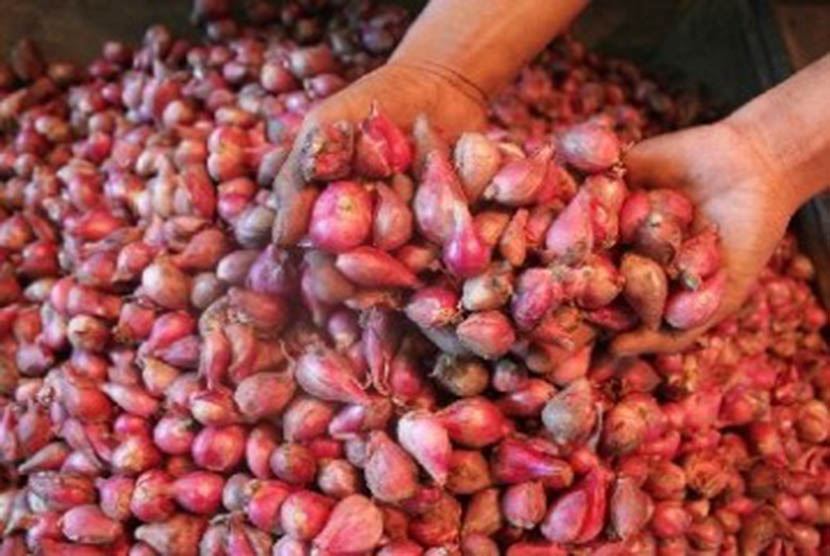REPUBLIKA.CO.ID, JAKARTA -- Indonesia's inflation rate overshot to 1.5 percent in November 2014 due to subsidized fuel price hike, according to the Central Statistics Agency (BPS).
"The inflation was the result of the fuel price hike announced on November 18," BPS Chief Suryamin said here on Monday (1/12).
The November 2014 inflation brought the calendar year inflation rate to 5.75 percent and year-on-year inflation rate to 6.23 percent.
The core component inflation was recorded at 0.4 percent in November 2014 and 4.21 percent year-on-year, he added.
Suryamin noted that the November 2014 inflation rate was higher than that of the same month in previous years but was lower than that of July 2013, a month after the government had raised the prices of subsidized fuels.
"The inflation had been the effect of the fuel price hike. However, it did not affect all sectors because it was announced only 12 days ago. Unlike in July 2013, when the inflation rate was recorded at 3.2 percent, the inflation rate in November had been low," he observed.
The November 2014 inflation was mostly fueled by transportation, communication, and financial services group at 4.29 percent followed by food services at 2.5 percent, he noted.
"The transportation group was affected the most as it led to a rise in production cost, which the government is expected to control. The impact of the fuel price hike on food must also be addressed carefully because it is consumed by the entire nation. High food prices may increase poverty rate if they are not kept under check," he pointed out.
Processed food, beverages, cigarettes, and tobacco, meanwhile, contributed 0.71 percent to the inflation rate, while housing, water, electricity, gas and fuel, and health services contributed 0.49 percent and 0.43 percent to the inflation, respectively, he remarked.
Education, recreation, and sports contributed 0.08 percent to the inflation, while clothes recorded a deflation of 0.08 percent due to a drop in international gold price.
In short, the components that contributed to the inflation rate included gasoline, red chilies, city transport fares, rice, electricity, and intercity transport fares.
"However, the prices of purebred chicken, fresh fish, gold jewelry, and flight tickets fell," he observed.
Of the 82 cities surveyed for consumer price index in November 2014, inflation was the highest in Padang, West Sumatra, with 3.44 percent, and the lowest in Manokwari, West Papua, with 0.07 percent.


